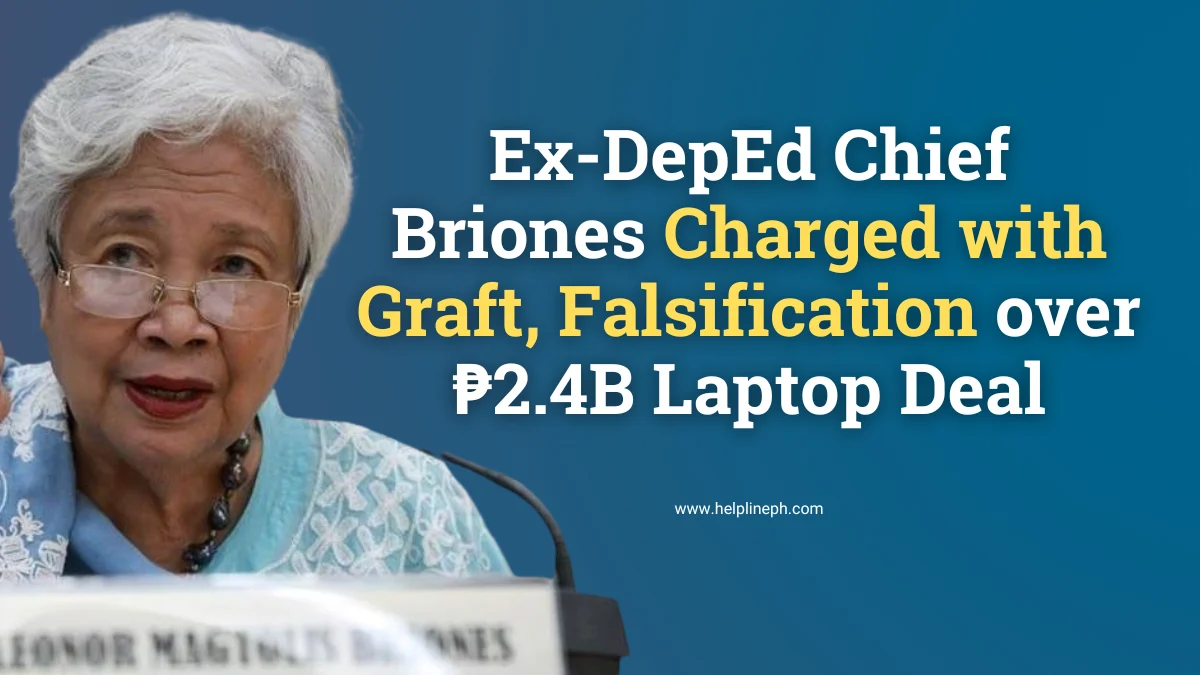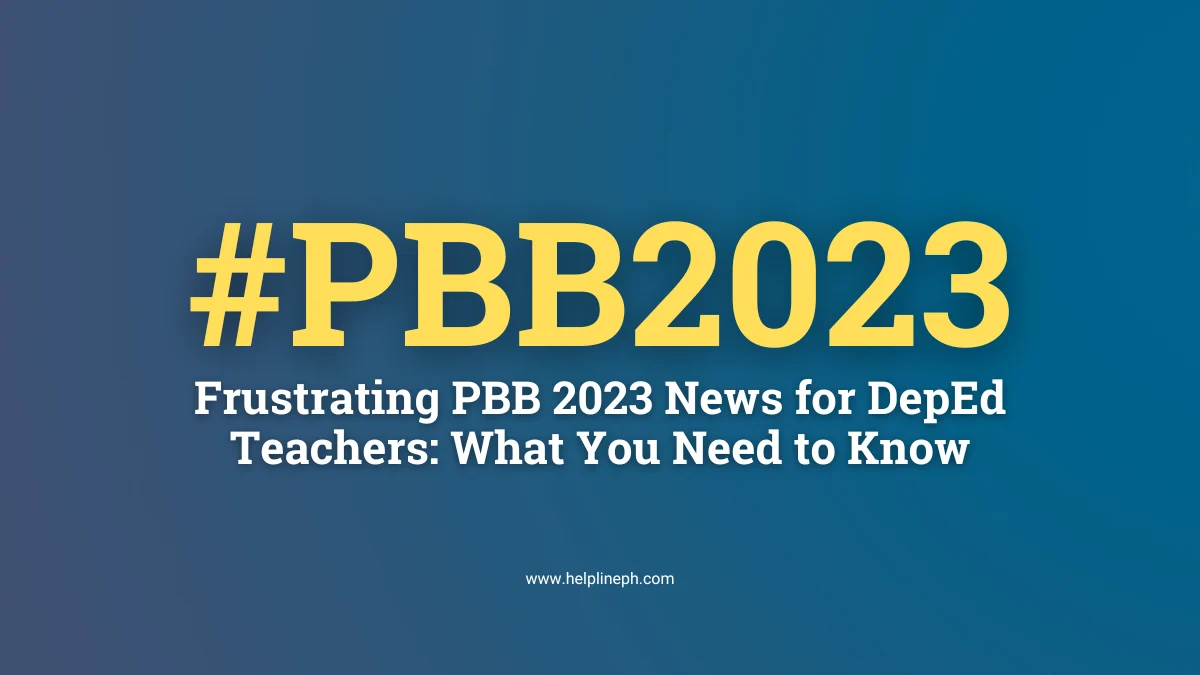Teachers want DepEd to stop the implementation of ‘Catch-Up Fridays’
Two teacher groups have raised concerns with the Department of Education (DepEd) regarding the “Catch-up Fridays” program, which aims to enhance Filipino students’ reading skills and academic performance by dedicating one day each week exclusively to reading activities. This initiative, rolled out over a month ago across all public schools for basic education nationwide, has sparked debate about its effectiveness and impact on teachers and students.
The Alliance of Concerned Teachers (ACT) reports that the additional responsibilities related to preparing and executing Catch-up Fridays are proving to be a challenge for educators. A significant issue highlighted is the inadequate supply of reading materials, forcing teachers to bear the cost of photocopying resources themselves. According to ACT, the program’s structure, which suspends regular classes in favor of reading-focused activities, disrupts the normal academic schedule and burdens teachers with extra workload, especially in preparing for exams.
Read: Sample Teaching Guides and Class Programs for Catch-Up Fridays
ACT argues for a more tailored approach in DepEd’s intervention programs to address the diverse needs of students amidst the learning crisis. They advocate for halting Catch-up Fridays and suggest conducting consultations before taking any further action with the program.
Meanwhile, the Teachers’ Dignity Coalition (TDC) and its chairperson, Benjo Basas, caution against hastily implementing such programs, citing concerns over potential complications rather than solutions to educational setbacks. Basas acknowledges the need for intervention to mitigate learning losses but notes the adverse effects Catch-up Fridays have on some teachers, including increased stress and financial strain due to scheduling conflicts and additional expenses.
The call for a reevaluation of Catch-up Fridays by TDC underlines a consensus among its members against the current format of the program, emphasizing respect for DepEd’s efforts, particularly within the Curriculum and Teaching Strand.
DepEd has yet to respond to these critiques. The ongoing debate underscores the complexities of introducing educational reforms and the necessity of considering their real-world implications on the educators and learners they are designed to support.






